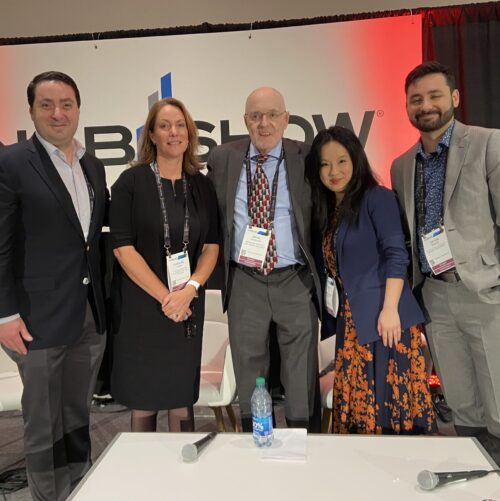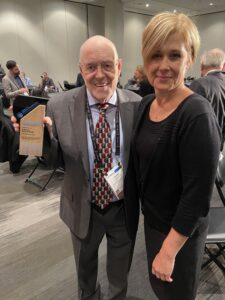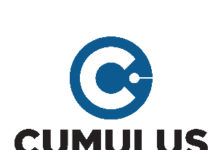
David Gleason received the Library of American Broadcasting Foundation’s first-ever Excellence in Broadcast Preservation Award during NAB Show New York. The LABF also hosted a panel on the importance of stations archiving and preserving their content for posterity.
The panel featured Gleason, who created and runs World Radio History, along with ABC News’ Suzie Liu, UT-Austin’s Caroline Frick, and Hearst’s Devon Armijo, who provided insights from different angles of the industry. ABC News’ Steven Portnoy moderated.
Gleason stressed the need for collecting station data and content for archival purposes. He noted the importance of documenting the elements crucial for programming and emphasized collecting materials before they become unavailable. He also mentioned that some of the documents he gathered came from estates sold on eBay.

Suzie Liu highlighted the power of personal archives, citing how their availability enabled the production of the feature “Reclaimed.” She also discussed how incorporating archived audio can result in the creation of new and enriched content.
Caroline Frick talked about the “race against time” and the need for a national network for stations that want to bring old stories back to life. She mentioned strategies like dumpster diving and directly connecting with producers to gather content.
Devon Armijo emphasized that archivists often uncover “hidden gems” that are invaluable to the archival staff. He advised creating flexible archival systems that are tailored to specific use-cases rather than aiming for an “idealized archive.”
Frick also spoke on the urgent need for physical infrastructure for digitization and a clearinghouse for obsolete media formats. She raised concerns about large conglomerates buying stations and restricting public access to archives. Gleason echoed this sentiment, questioning how the general public could access these archives, especially when they’re held in university repositories with limited access.
The panelists unanimously agreed that archiving is not just about preservation but also about accessibility and the potential for creating new content and insights from old materials.






